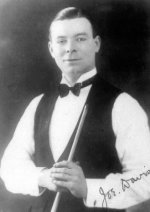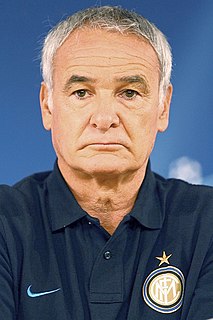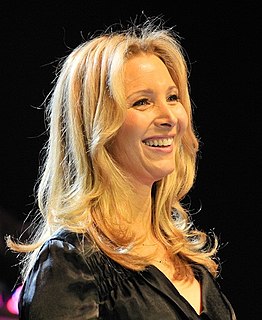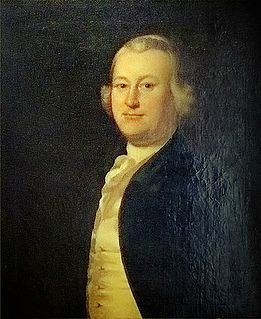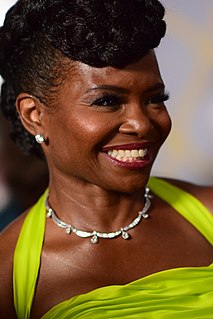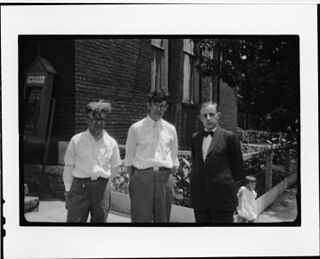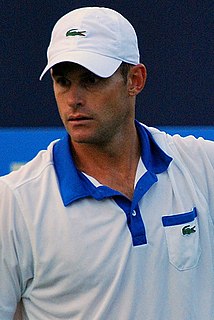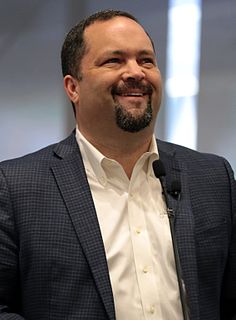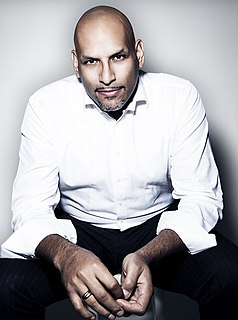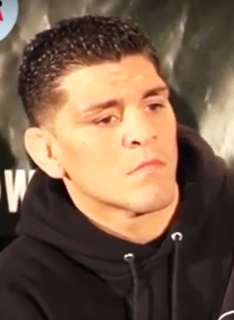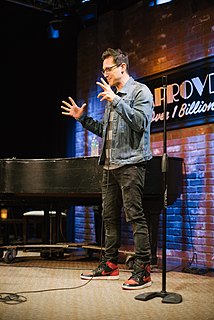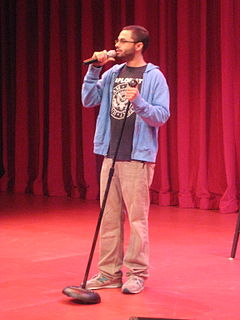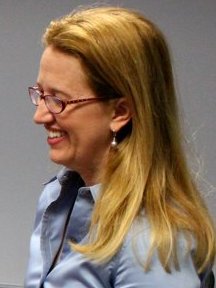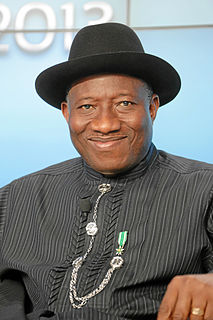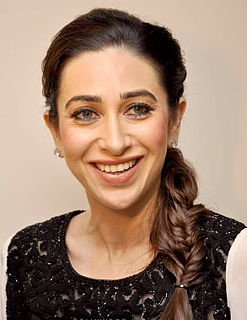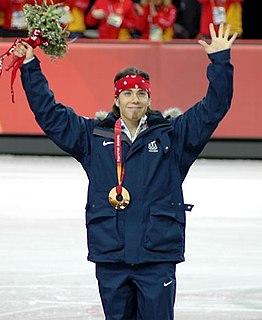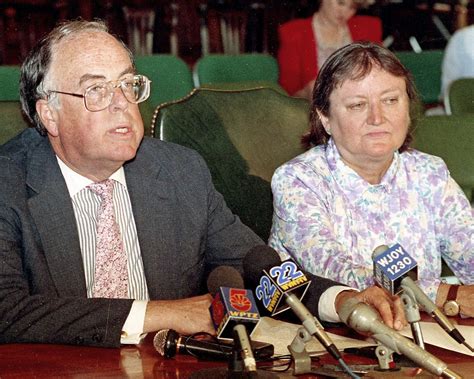Top 1200 English School Quotes & Sayings - Page 15
Explore popular English School quotes.
Last updated on October 12, 2024.
My second year of teaching I was chosen to be a crisis intervention teacher. Our school was a kindergarten through fourth grade school with 1,500 kids, largely recent immigrants from Africa and South America. And it was in one of the poorest zip codes in the country. The classes were too big, the school was underfunded.
[The director's idea for the film was:] A young American or English girl goes to Tuscany to visit English expatriates. She is on a mission to lose her virginity. That's a mission easily accomplished, if that's the only mission. The story had to be more complicated than that. Because there is so little happening dramatically, there had to be something to keep you curious.
And I take this opportunity to declare, that... I will to my dying day oppose with all the powers and faculties God has given me, all such instruments of slavery on the one hand, and villainy on the other, as this writ of assistance is. It appears to me the worst instrument of arbitrary power, - the most destructive of English liberty and the fundamental principles of law, that ever was found in an English law book.
From middle school to the first year of high school, I went to a school in Miami that seemed like a private country club. The whole cheerleader, football player, clique-y thing there was terrifying. Those people were so scary. They're the scariest kinds of people because they are idolized by their peers.
The English landscape at its finest - such as I saw this morning - possesses a quality that the landscapes of other nations, however more superficially dramatic, inevitably fail to possess. It is, I believe, a quality that will mark out the English landscape to any objective observer as the most deeply satisfying in the world, and this quality is probably best summed up by the term 'greatness.'
Shakespeare is absolutely big in Africa. I guess he's big everywhere. Growing up, Shakespeare was the thing. You'd learn monologues and you'd recite them. And just like hip-hop, it made you feel like you knew how to speak English really well. You had a mastery of the English language to some extent.
Estiven Rodriguez couldn't speak a word of English when he moved to New York City at age nine. But last month, thanks to the support of great teachers and an innovative tutoring program, he led a march of his classmates - through a crowd of cheering parents and neighbors - from their high school to the post office, where they mailed off their college applications. And this son of a factory worker just found out he's going to college this fall.
I feel more Irish than English. I feel freer than British, more visceral, with a love of language. Shot through with fire in some way. That's why I resist being appropriated as the current repository of Shakespeare on the planet. That would mean I'm part of the English cultural elite, and I am utterly ill-fitted to be.
It's a funny thing, in the US we all believe that we have a right to go to school. We have a right to a good education. And we don't. The U.S. Constitution contains no right for a child to go to school, let alone for a child to go to a good school. And yet, we know that if they don't go to a good school, they're less likely to be able to realize all that this country has to offer.
Being a typical Briton, I love my home comforts and always try and find an English pub where I can tuck into some traditional English food, accompanied by a nice pint. Fortunately, I haven't been ill with food poisoning or anything like that, which is quite surprising considering how many different types of food I eat when I'm travelling.
I admired the English immensely for all that they had endured, and they were certainly honorable, and stopped their cars for pedestrians, and called you “sir” and “madam,” and so on. But after a week there, I began to feel wild. It was those ruddy English faces, so held in by duty, the sense of “what is done” and “what is not done,” and always swigging tea and chirping, that made me want to scream like a hyena
There was certainly nothing really sexual about my youth growing up, simply because the fact remains if you're the fat kid in a school and I was the only fat black kid in the school - in fact, I was the only black kid in the school - but if you are kind of ostracized on many different levels in your school the last thing you're worried about is sex.
If my novel gets any attention in Bulgaria, it will be as a scandal: a book about a teacher at a famous school and his relationship with a prostitute. I doubt very much it will be evaluated on its merits as literature. If Bulgarian were the book's only language, that would be painful and limiting to me as a writer. Since my book also exists in English - where it isn't scandalous at all - I feel comfortable with the possibility of scandal.
A ready means of being cherished by the English is to adopt the simple expedient of living a long time. I have little doubt that if, say, Oscar Wilde had lived into his nineties, instead of dying in his forties, he would have been considered a benign, distinguished figure suitable to preside at a school prize-giving or to instruct and exhort scout masters at their jamborees. He might even have been knighted.
Bitter criticism caused the sensitive Thomas Hardy, one of the finest novelists ever to enrich English literature, to give up forever the writing of fiction. Criticism drove Thomas Chatterton, the English poet, to suicide. . . . Any fool can criticize, condemn and complain - and most fools do. But it takes character and self-control to be understanding and forgiving.
We must never cease to proclaim in fearless tones the great principles of freedom and the rights of man which are the joint inheritance of the English-speaking world and which through Magna Carta, the Bill of Rights, the Habeas Corpus, trial by jury, and the English common law find their most famous expression in the American Declaration of Independence.
I think the French agonise more about being French, I don't think English think about being English that much. I think the Scottish think about being Scottish and the Welsh think about being Welsh, but the English don't really care. But the French think about it all the time, it's an absolute preoccupation.
If a parent wants to choose where their kid goes to school, they can either fork over a whole bunch of money in tuition for private school or they can buy a new house near the school of their choice. And it's driving up property prices in certain key areas. When you stop and think about it, that's kind of ridiculous.
There seems also to be a tremendous risk to indigenous cultures if we insist that all scholarship be conducted in English. We are, for example, dealing with ancient and very highly-developed cultures in Korea, Japan, China and the Middle East. What is the impact on cultural and scholarly vitality forcing everyone to do their work in English? I do not have an answer, but this issue has been very much on my mind.
In fact, many of the quotes in my books are quotes which were translated from English and that I read already translated into Spanish. I'm not really concerned with what the original version in English was, because the important thing for me is that I received them already translated, and they've influenced my original worldview as translations, not as original quotations.
The English people believes itself to be free; it is gravely mistaken; it is free only during election of members of parliament; as soon as the members are elected, the people is enslaved; it is nothing. In the brief moment of its freedom, the English people makes such a use of that freedom that it deserves to lose it.
I realized over the years if I'm writing about humor, irony, satire, I much prefer to do that in English. And if there is sorrow, melancholy, longing, I much prefer to do that in Turkish. Each language has its own strength to me, and I feel connected and attached to both Turkish and English. I dream in more than one language.
I was really lucky. I had a really great opportunity. I went to an all girls, very small private school from seventh grade all the way to graduating. It was so wonderful because the focus was school at school...and during the week I could be that nerdy bookworm of a girl, and do six hours of homework at night.
In Libya, I did well at school because I was clever. In Egyptian public school, I got the highest marks for the basest of reasons. And in the American school, I struggled. Everything - mathematics, the sciences, pottery, swimming - had to be conducted in a language I hardly knew and that was neither spoken in the streets nor at home.
Some people think that English poetry begins with the Anglo-Saxons. I don't, because I can't accept that there is any continuity between the traditions of Anglo-Saxon poetry and those established in English poetry by the time of, say, Shakespeare. And anyway, Anglo-Saxon is a different language, which has to be learned.
Kids who participate in school meal programs get roughly half of their calories each day at school. ... This is an extraordinary responsibility. But it's also an opportunity. And it's why one of the single most important things we can do to fight childhood obesity is to make those meals at school as healthy and nutritious as possible.
When I was in college at Carnegie Mellon, I wanted to be a chemist. So I became one. I worked in a laboratory and went to graduate school at the University of Pittsburgh. Then I taught science at a private girls' school. I had three children and waited until all three were in school before I started writing.


